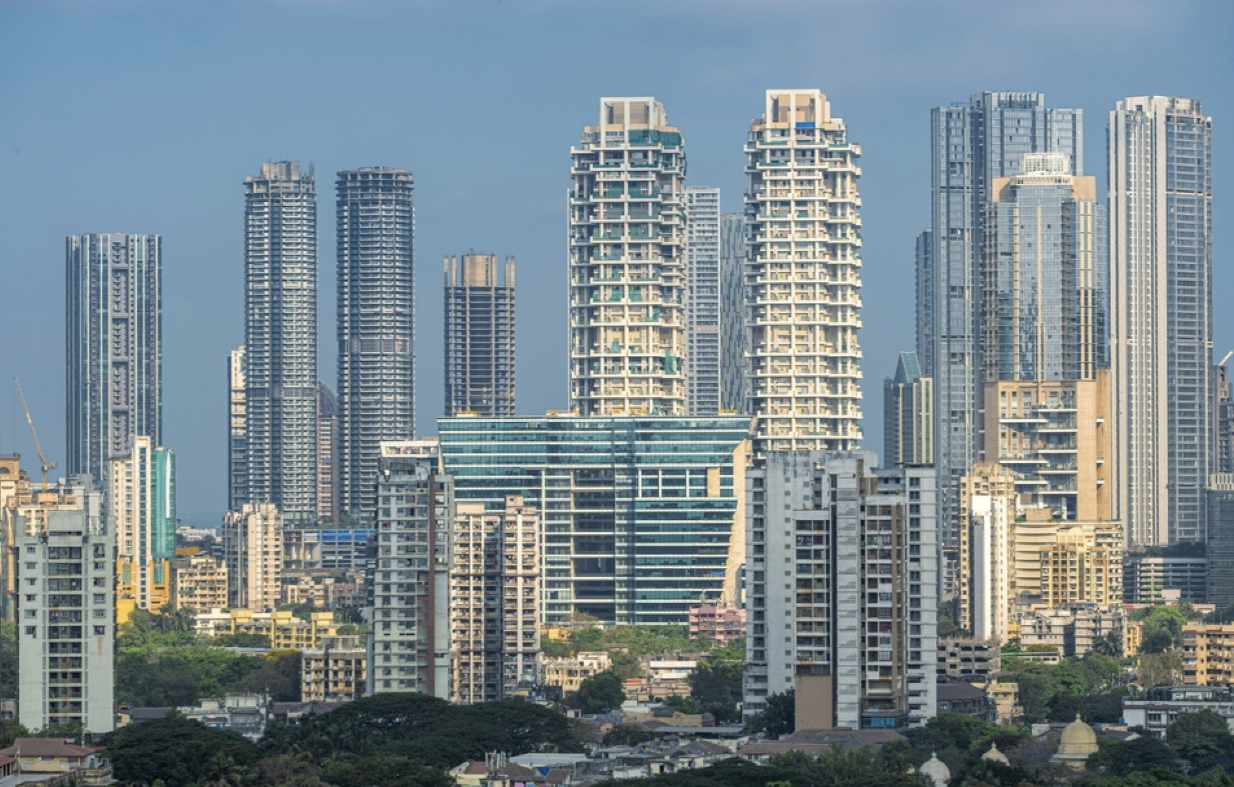Investing in property can be a rewarding venture, but when it comes to buying property in India, especially as a foreigner, the path is fraught with challenges.
While India’s real estate market has grown significantly over the years, offering lucrative opportunities in commercial and residential sectors, navigating the legal, financial, and bureaucratic aspects of property ownership in the country can be daunting.
Below, we’ll explore the main risks associated with buying property in India to help you make an informed decision.
Legal Restrictions for Foreigners
Let’s start with the biggest hurdle of all: the legal limits on property ownership for foreigners
Simply put, Indian law doesn’t allow foreign nationals to buy freehold land unless they qualify as a Person of Indian Origin (PIO).
Even Non-Resident Indians (NRIs) have fewer restrictions compared to foreign nationals. For most non-Indian investors, the only legal way to invest in Indian real estate is through Real Estate Investment Trusts (REITs) or property funds.
For example, the Ascendas India Trust, listed in Singapore, allows foreigners to indirectly invest in India’s commercial property market. However, direct ownership of land remains off-limits for those without Indian roots.
On top of that. the laws surrounding property ownership in India are generally confusing and inconsistent, especially for foreigners unfamiliar with India’s legal framework.
The regulations vary across states, and what’s permissible in one region might not be allowed in another.
This lack of uniformity further complicates the process, underscoring the importance of consulting legal experts before proceeding.
Bureaucracy and Admin Challenges
India’s real estate market is infamous for its bureaucratic hurdles. The process of purchasing property often involves navigating a maze of paperwork, approvals, and registrations.
Foreign investors are required to comply with the Foreign Exchange Management Act (FEMA) and regulations issued by the Reserve Bank of India (RBI).
These regulations are complex and can vary depending on the type of property and its location.
Giving one example, if you’re investing through a joint venture or REIT, you’ll need to ensure compliance with multiple frameworks. The constantly changing rules can make it difficult for foreign buyers to stay updated, and any misstep could lead to legal complications.
On top of that, the country’s administrative processes often rely heavily on personal relationships and informal networks.
As a foreigner, you may find yourself at a disadvantage without the local connections required to expedite approvals or resolve issues.
This dependency on informal systems can make the entire process unpredictable and time-consuming.
Economic Volatility and Currency Risk
The Indian property market certainly isn’t immune to the country’s broader economic challenges.
The Indian rupee has experienced significant devaluation against major currencies like the US dollar, which can affect the overall returns on your investment.
While property prices might have appreciated in local currency terms, the value of your investment could diminish when converted back to your home currency.

Buying property in India comes with risks, and perhaps the most crucial one all is that India doesn’t allow freehold ownership to foreigners.
India’s high inflation rate can also erode purchasing power, making it essential to factor in currency exchange risks when planning your investment. It’s also worth considering that property values in India can fluctuate depending on regional economic performance.
Cities like Mumbai and Bangalore may show growth. Smaller towns might stagnate or even decline.
Such an uneven growth pattern adds yet another layer of complexity when looking at the potential returns on your investment.
Infrastructure and Development Concerns
While India boasts immense human capital and a growing economy, its infrastructure development often leaves much to be desired.
Poor roads, unreliable utilities, and inadequate public transportation can significantly impact the value of properties in certain areas.
Moreover, delays in infrastructure projects and urban development can stall the appreciation of property values.
As an investor, it’s crucial to consider the location’s long-term development potential, as promises of future growth don’t always materialize.
Even in cities with robust infrastructure, issues like overcrowding, pollution, and lack of green spaces can deter potential tenants or buyers, limiting the profitability of your investment.
Fraud and Lack of Transparency
One of the major risks in India’s real estate market is the lack of transparency and the prevalence of fraudulent practices. Cases of misrepresentation by developers, disputed land titles, and illegal construction are not uncommon.
Without proper due diligence, investors risk purchasing properties with unclear ownership titles or those that don’t adhere to zoning laws and building regulations. Engaging a trustworthy local partner or legal advisor is essential to mitigate these risks.
The introduction of the Real Estate (Regulation and Development) Act (RERA) back in 2016 was intended to address these issues by increasing transparency and accountability.
However, its implementation isn’t consistent at all across states, and many developers still find ways to circumvent regulations.
As such, it’s absolutely imperative for buyers to double-check all documentation and seek professional advice.
Limited Financing for Foreigners
Another significant challenge for foreign investors is access to financing. Indian banks and financial institutions typically don’t offer home loans to foreign nationals unless they have NRI or PIO status.

Fraud is another major risk on the list when considering real estate in India. While there are some counter-fraud measures issued by the government, enforcement is still inconsistent.
This means that most foreign investors will need to rely on their own funds or seek financing options outside India, which can complicate the investment process.
Moreover, even for NRIs and PIOs who qualify for home loans, the interest rates in India can be higher than those in their home countries.
Coupled with stringent eligibility criteria and additional documentation requirements, securing financing can be a cumbersome process. It’s vital to have a clear financial plan and explore all available options before committing to an investment.
High Taxes and Extra Costs
Property transactions in India come with a host of taxes and fees that can add up quickly. These include stamp duty, registration fees, and capital gains tax, among others.
For foreign investors, there may also be extra tax implications in their home country, depending on bilateral tax treaties.
It’s essential to account for these costs when calculating the potential returns on your investment. A lack of understanding of India’s tax system can lead to unexpected expenses, reducing the profitability of your investment.
On top of that, some states impose higher stamp duty rates, and the process of claiming tax benefits or exemptions can be convoluted.
Indeed, speaking with a tax professional familiar with Indian property laws is very highly recommended.
Geopolitical and Policy Risks
India’s real estate market is also influenced by its political and regulatory environment. Changes in government policies, such as revisions to property laws or taxation rules, can impact the market significantly.
Additionally, India’s geopolitical tensions and internal social dynamics may create uncertainties that could affect property values and market stability.
Regional disparities in governance and policy implementation can create other challenges. Some states have streamlined processes to attract investors, but others may have more cumbersome regulations.
Staying informed about both national and regional developments is crucial for mitigating risks and ensuring a successful investment.
Is Real Estate in India Worth the Risk?
While India’s real estate market offers immense potential, particularly in its growing commercial sector, the risks associated with buying property in the country cannot be ignored.
From legal restrictions and bureaucratic complexities to economic volatility and transparency issues, there are numerous challenges that foreign investors must navigate.
If you’re truly determined to invest in India, indirect options like REITs, joint ventures, and trusts can provide a safer and more accessible route.
However, thorough due diligence, expert legal advice, and a clear understanding of the market are essential to mitigate risks and ensure a successful investment.
Proceed with caution here, and always remember: risk preparation is the key to success to investing in India.







